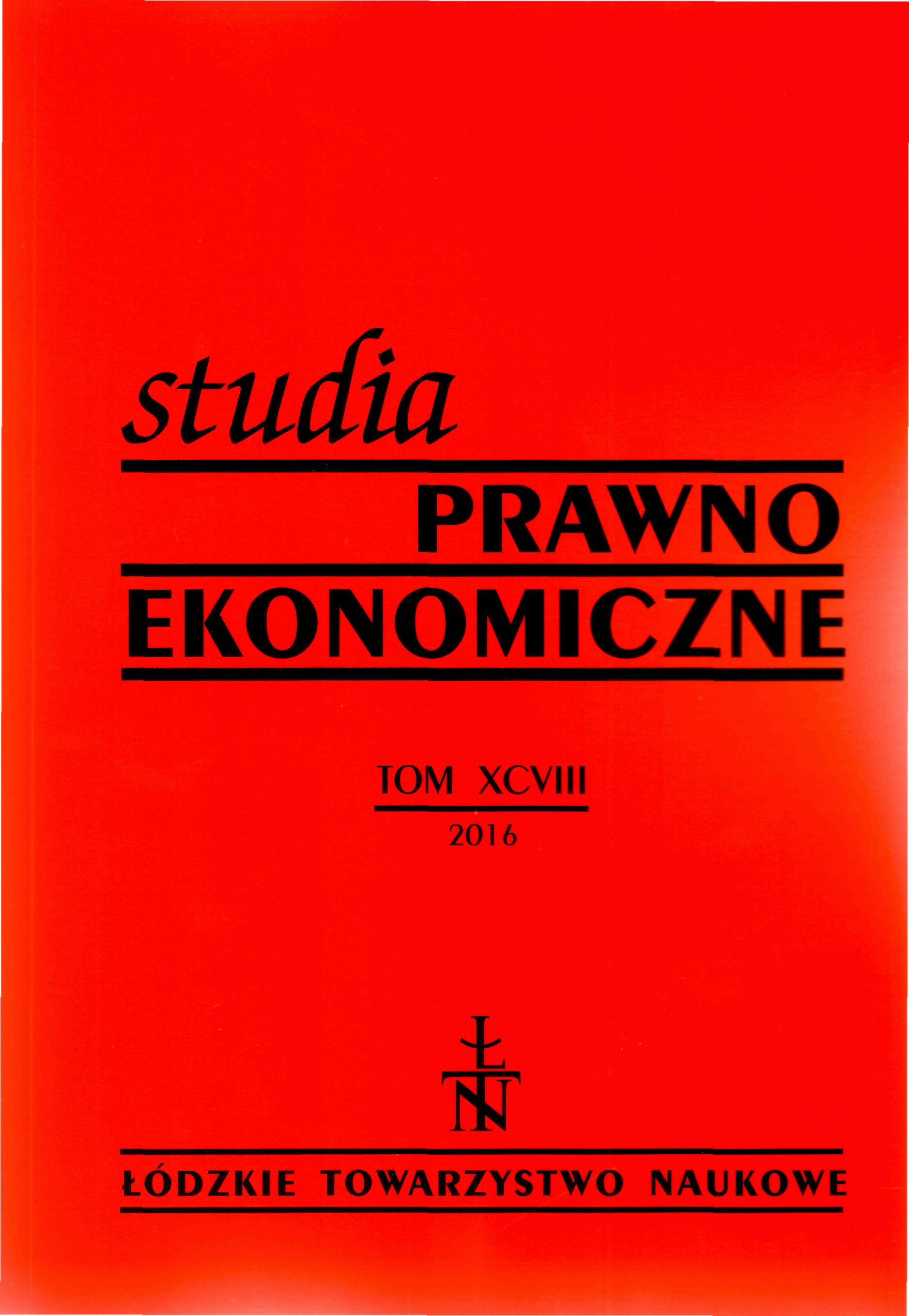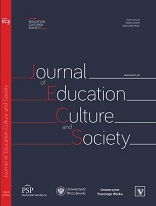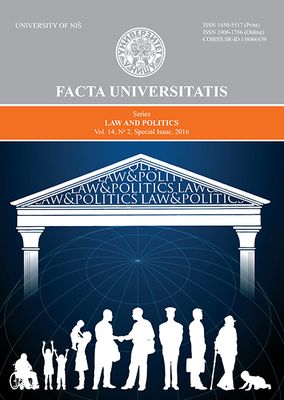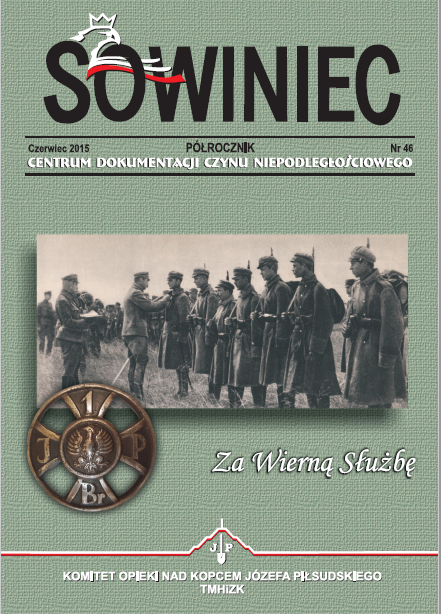An active role for the elderly in the process for an integrated Europe
Author(s): Remedios López-Liria,Pilar Diaz-López,Patricia Rocamora-Pérez,José Manuel Aguilar-Parra,Ana Manzano-León,David Padilla-Góngora / Language(s): English
/ Issue: 1/2016
Keywords: lifelong learning;elderly;intercultural
The European project entitled “Integrating adults and the elderly towards a Europe of knowledge”, coordinated by the University of Almería, within the actions of “Grundtvig learning partnerships for adult education”, has carried out the assessment of aneducational program for over 55 years in five countries. The aim of the learning partnership was “to encourage the development of innovative practices in education of older people and their transfer between countries”. Methods: Some of the following teaching tools and methods were used to promote intercultural communication skills: simulation activities, followed by reflective discussion and/or written analysis; guided group activities; local visits to contact people from other countries; ethnographic projects. Results: The courses provide knowledge and understanding of culture, institutions and different ways of life in diverse communities, and encourage reflection about their own cultural behaviour, practices and attitudes, as well as those of others. Old people enhance communication in their community by means of meetings, in which they talk about their common concerns. This can help the elderly to overcome problems and reduce feelings of loneliness. The courses also help old people acquire new knowledge and skills in a rapidly changing world. Conclusions: Participants’ motivation increased as the sessions were developed, since the contents of the classes agreed with their own interests, with a constant wide-ning of knowledge. Everybody had an active role in the discussions. This trainingrevises some beliefs about ageing, such as the removal of the image of the idle retiredperson; at the same time, it promotes active retirement, intergenerational relationships and independence, and improves social and personal skills.
More...




